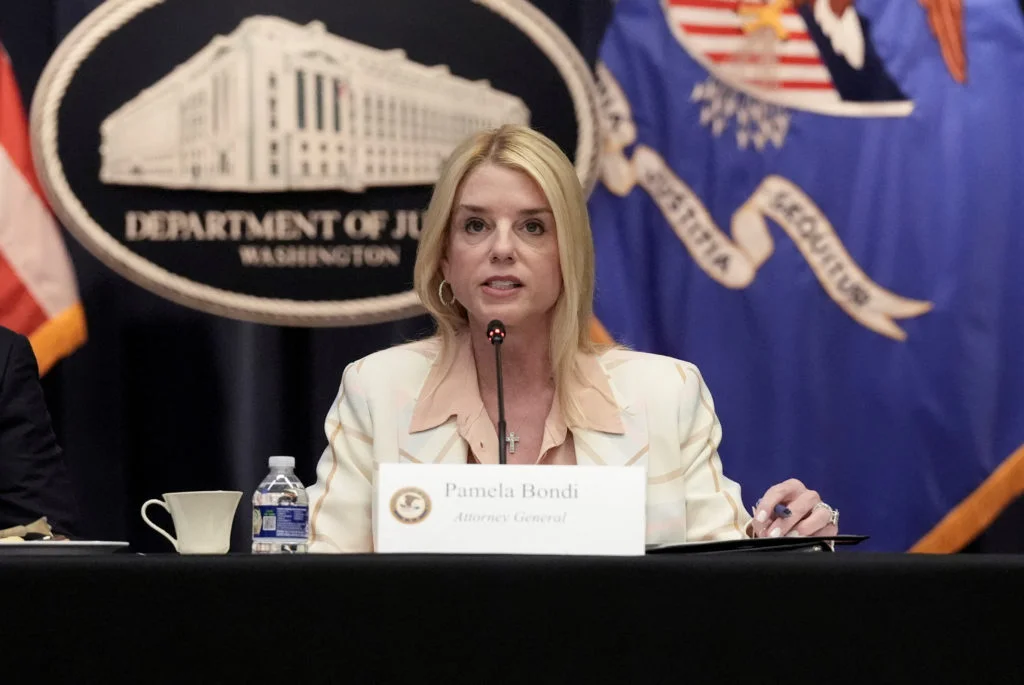
Is the U.S. Government Favoring One Faith Over Others? Unpacking the New Anti-Christian Bias Task Force
In a controversial move that has ignited debates over religious freedom and bias in government, the Department of Veterans Affairs (VA) is taking steps to investigate claims of anti-Christian bias among its employees. This initiative is part of a broader effort by the Trump administration to elevate the voices of Christian citizens within federal institutions.
VA Secretary Doug Collins recently reached out to agency staff via a department-wide email, requesting reports of any alleged "anti-Christian discrimination" among colleagues. Employees are instructed to provide specific details, including names, dates, and locations of incidents, which could range from adverse responses to religious accommodation requests to the reprimanding of individuals for expressing their faith through symbols and imagery.

This initiative falls under a broader two-year task force launched by President Trump, chaired by Attorney General Pam Bondi. Its goal is to identify and address potential unlawful actions against Christians, particularly targeting those policies that critics claim prioritize Christian beliefs over others. Critics argue that this focus on a single faith could exacerbate division within the veteran community and among federal employees.
Preliminary findings from various reports suggest serious issues within federal agencies. For instance, the task force's first meeting highlighted grievances from individuals who felt their Christian beliefs led to punitive actions, including job dismissals and reporting threats to child services for homeschooling. Attorney General Bondi noted, "These accounts reveal abuses against peaceful Christians that require our intervention to protect their rights."
However, this initiative has sparked significant backlash from critics who argue it infringes on the neutrality expected from government institutions. Advocates for separation of church and state, like Rachel Laser of Americans United for Separation of Church and State, warn that this task force misuses the notion of religious freedom to justify potential discrimination: "Rather than protecting religious beliefs, this task force could foster bigotry," she stated.
Connecticut Senator Richard Blumenthal has likewise condemned the VA's actions, claiming they lack factual basis and could lead to a greater divide within the veteran community. In his words, "Our freedoms, including the freedom from religious intolerance, are fundamental to the American identity, and should not be compromised in the service of favoritism."
As the task force continues its investigations, veterans and advocates await the implications this may have on agency operations, especially amidst looming cuts of potentially up to 80,000 jobs within the VA. While proponents cite a need for fairness, opponents fear a governmental endorsement of one faith over others, complicating the landscape of religious expression within federal workplaces.
This unfolding story raises pressing questions about how the U.S. government navigates the delicate balance between protecting religious rights and ensuring equality for all faiths. How will the VA and other federal agencies adapt to the demands of this task force, and what will it mean for the diverse religious landscape in America?
Readers are encouraged to share their thoughts on this controversial initiative and consider its implications for the broader fabric of American society.